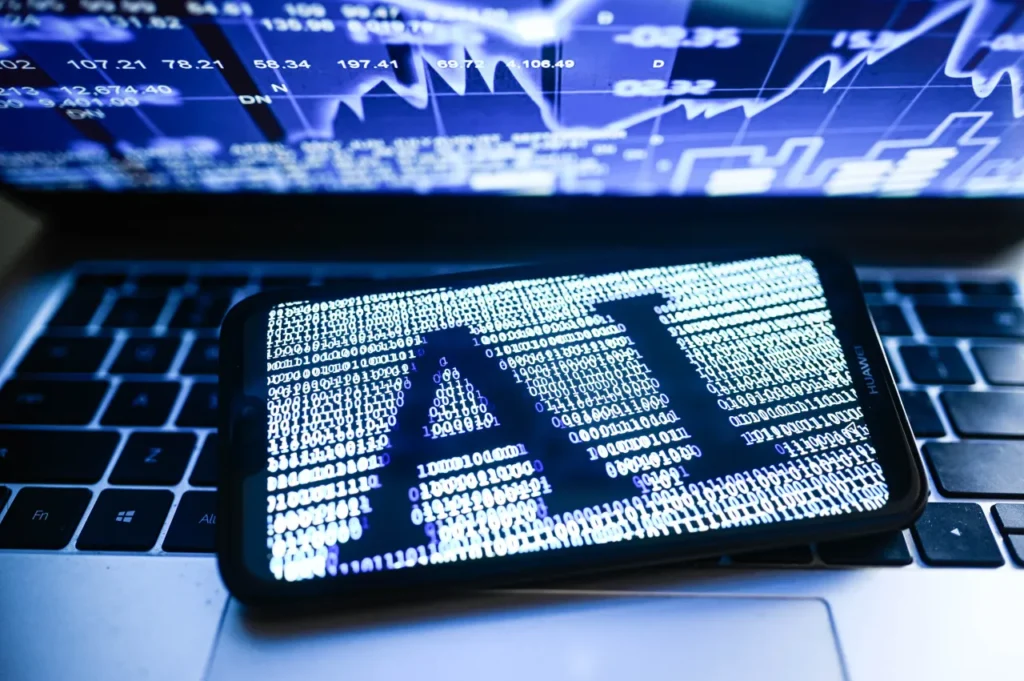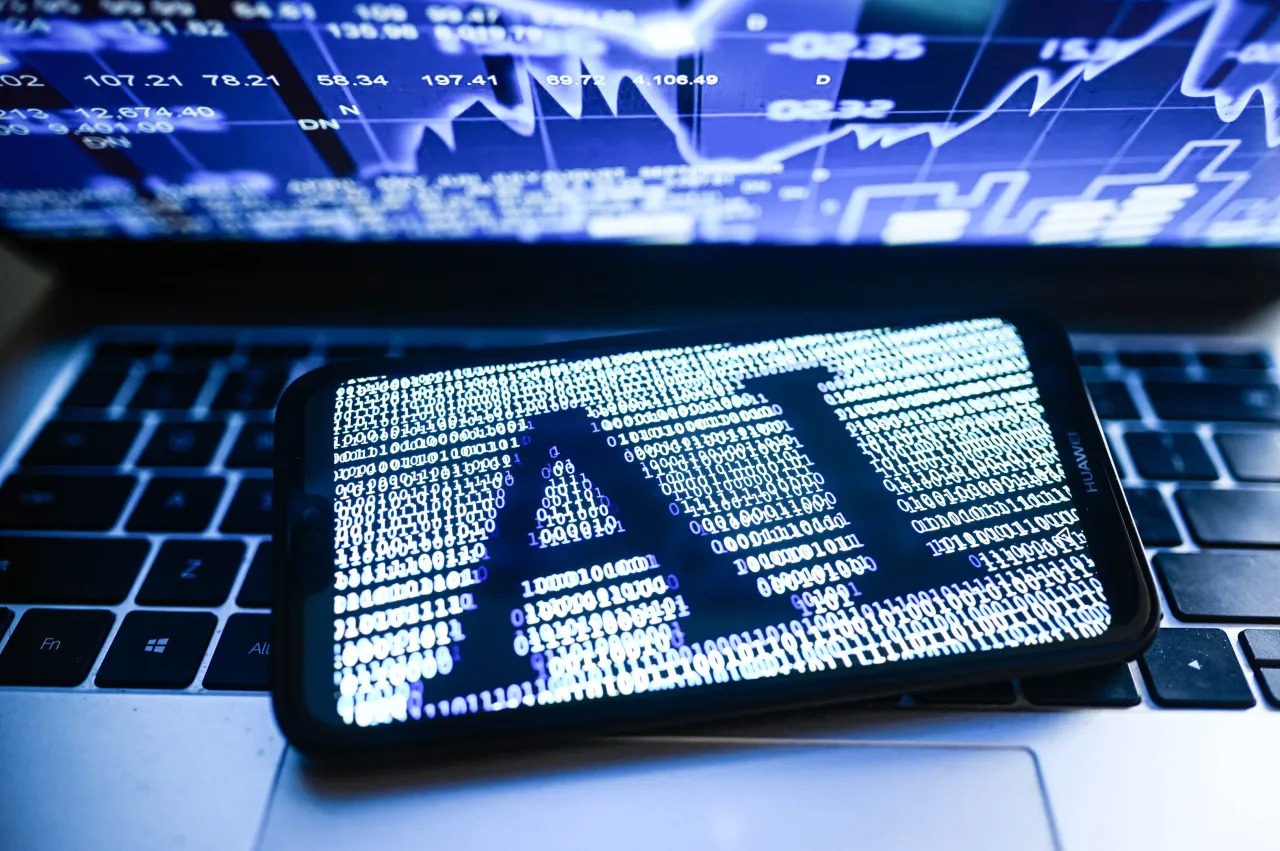California AI Accountability Act, California AI regulation, AI Accountability Act, SB 896, state agencies AI, Bill Dodd AI, AI legislation California, AI ethics, AI in government, AI workforce education, Jean-Paul Mugrditchian AI, AI impacts gig economy
“Discover how California is taking proactive steps to regulate AI use by state agencies with the introduction of the AI Accountability Act Bill, SB 896, by State Senator Bill Dodd. Learn about the implications for gig workers, the role of academia, and the positive potential of AI technologies.”

Artificial Intelligence (AI) is a transformative force reshaping various sectors, from private enterprises to government operations. However, the rapid advancements in AI technology also raise concerns about its ethical and responsible use. In response to these concerns, California lawmakers are taking proactive steps to regulate AI usage by state agencies. State Senator Bill Dodd has introduced the AI Accountability Act Bill, SB 896, aimed at guiding the decision-making processes of state agencies regarding automated technologies.
The Plight of Gig Workers
Jean-Paul Mugrditchian, a software engineer and ride-hailing driver, epitomizes the intersection of AI advancements and the gig economy. Mugrditchian, currently driving for Lyft and Uber to make ends meet, is acutely aware of how AI, particularly the advent of driverless cars, impacts gig workers.
“This job is barely minimum wage after you factor in expenses,” said Mugrditchian, highlighting the financial challenges faced by many gig workers. Despite having a background in software engineering and experience working for startups, he finds himself between jobs and driving to support himself while laying the groundwork for his next career move.
The flexibility of gig work allows individuals like Mugrditchian to pursue other endeavors, but the uncertainty brought by AI-driven technologies poses a significant threat to their livelihoods. “We’ve seen with all the past industrial revolutions — yes, there were tons of jobs that were eliminated, but ultimately — we as a civilization have grown. There are new jobs that are created,” Mugrditchian optimistically noted, reflecting on the historical context of technological advancements.
Legislative Efforts to Regulate AI
In an effort to address these concerns and ensure responsible AI use, State Senator Bill Dodd introduced the AI Accountability Act Bill, SB 896. This legislation seeks to guide state agencies in their decision-making processes related to automated technologies. One of the bill’s key provisions requires state agencies to notify users when they are interacting with AI systems.
“The legislature is famous for passing bills on businesses and everyone else, but yet is not a leader in the area and does not enact those same initiatives on itself,” said Dodd, emphasizing the need for the government to lead by example in regulating AI technologies.
The Role of Academia
Experts like Ahmed Banafa, a professor of engineering at San Jose State University, underscore the importance of such legislation. According to Banafa, having the government, AI companies, and consumers collaborate is crucial for ensuring that AI technologies are responsible and safe.
“Having all the three parties together will help to make sure AI is responsible and safe,” said Banafa. He believes that the AI Accountability Act is a necessary starting point for navigating the uncertainties in the rapidly evolving AI landscape.
Positive Potential of AI
Despite the challenges, AI holds immense potential for positive impact. Researchers at the Stanford Institute for Human-Centered Artificial Intelligence are pioneering innovative applications of AI to address environmental issues. They are piloting a near real-time system to identify illegal dumping under the Clean Water Act, using computer vision and aerial imagery to modernize environmental compliance. This initiative exemplifies how AI can be harnessed to improve environmental monitoring and human conditions.
“I think AI will enable more people to rise in their order of functioning, and all of these repetitive, dangerous, exhausting, body-stressful tasks will over time eventually go away and be replaced by machines,” said Mugrditchian. He remains optimistic about the rapid advancements in AI, believing in its potential to elevate human capabilities rather than focusing solely on its downsides.
Building AI Competency
The AI Accountability Act Bill also encourages the state to invest in AI education and build AI competency within the workforce. By fostering a skilled workforce capable of navigating and leveraging AI technologies, California aims to stay at the forefront of the AI revolution.
Conclusion
The introduction of the AI Accountability Act Bill, SB 896, marks a significant step towards regulating the use of AI by state agencies in California. As AI continues to permeate various sectors, including government operations, it is crucial to ensure its responsible and ethical use. By requiring state agencies to notify users of AI interactions, encouraging collaboration among stakeholders, and investing in AI education, the legislation aims to address the challenges and harness the opportunities presented by AI technologies.
Jean-Paul Mugrditchian’s experiences highlight the real-world impact of AI on gig workers and the broader workforce. While AI poses threats to certain jobs, it also offers the potential to create new opportunities and improve human conditions. The AI Accountability Act Bill represents a proactive approach to navigating this complex landscape, ensuring that AI technologies are used responsibly and to the benefit of society.
Read More-
